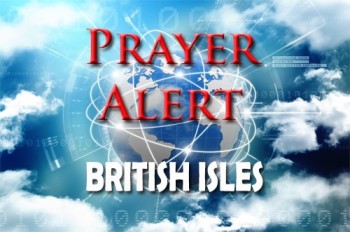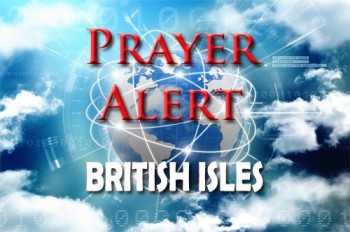Peru: farmer’s lawsuit against polluting German firm
A German court has dismissed a lawsuit by Peruvian farmer Saul Luciano Lliuya against energy giant RWE, rejecting his claim for damages over flood risks in his hometown linked to climate change. Lliuya argued that RWE’s historic carbon emissions contributed to the melting of Andean glaciers threatening his town of Huaraz. Though the court found no immediate threat to his property, it acknowledged that major emitters may bear proportional costs for preventative climate measures. This ruling, while unfavourable to Lliuya, is seen as a landmark in climate litigation, particularly as it came from a plaintiff in the global south against a global north corporation. The court also said that RWE should have foreseen the effects of its emissions. Although RWE argues that climate change cannot be blamed on a single emitter, legal observers view the case as a potential turning point for holding polluters accountable globally.
USA: federal court blocks Trump’s tariffs
A federal court has blocked Donald Trump’s broad use of tariffs, ruling that the Constitution grants Congress - not the president - authority to regulate foreign commerce. The decision challenges Trump's use of the 1977 International Emergency Economic Powers Act (IEEPA) to impose sweeping import taxes, a cornerstone of his ‘America First’ agenda. Two lawsuits, one by small businesses and another by a coalition of US states, sparked the ruling. The court also blocked tariffs on China, Mexico, and Canada, imposed under immigration and drug control claims. However, tariffs on specific goods like steel and cars were not addressed. Markets responded positively, with global stocks rising and the dollar strengthening. If the ruling is upheld, affected businesses may receive tariff refunds with interest. Legal experts suggest the decision may constrain executive power over trade, sending a strong constitutional message. The White House has vowed to appeal, calling the ruling a judicial overreach. In another development, the Trump administration has asked the supreme court to overturn a judge’s ban on deporting migrants without giving them a chance to seek legal relief: see Breaking news: the ban on tariffs has been temporarily paused by an appeal court.
China: five killed in massive chemical explosion
At least five people were killed and six remain missing after a powerful explosion rocked the Shandong Youdao Chemical plant in Gaomi, eastern China. Occurring just before noon, the blast sent a massive plume of grey and orange smoke into the sky, shattered nearby windows, and triggered a major rescue operation. Nineteen others sustained minor injuries. Emergency teams dispatched 55 vehicles and over 230 personnel to the scene, while the ministry of emergency management sent reinforcements. Social media videos showed smoke blanketing the area, with some structures visibly damaged. Witnesses from nearby businesses reported hearing a loud bang and experiencing a strong gust of wind, which caused structural damage and panic. The cause of the explosion has not been released. Shandong Youdao Chemical, founded in 2019 and employing over 300 people, produces pesticides and pharmaceutical chemicals. The tragedy, reminiscent of the deadly 2015 Tianjin warehouse explosions which killed over 100 people, has revived concerns over industrial safety in China.
USA: Trump cracks down on international student visas
Donald Trump’s administration has ordered US embassies to halt new student visa appointments as it prepares to expand social media vetting of international applicants. The move is part of a broader crackdown on US universities, which Trump accuses of harbouring left-wing and antisemitic sentiment amid pro-Palestinian campus protests. Embassies are directed to cancel unscheduled interviews, with warnings of ‘significant implications’ for visa processing. Critics say this threatens the rights and futures of international students, who often pay higher fees and significantly fund the universities. The administration has frozen millions in university funding, revoked thousands of visas, and moved to deport foreign students - many actions now under legal challenge. Harvard University, a prime target, recently had its ability to host international students suspended, though a federal judge blocked the decision: for a view on how much its international students contribute, see Critics argue the social media screening policy infringes on free speech, while Trump insists it protects national security and combats extremism.










 Bless France with our prayers, asking God to pour out His love, healing, and power.
Bless France with our prayers, asking God to pour out His love, healing, and power.



